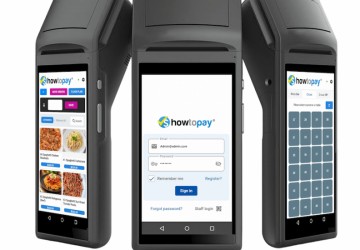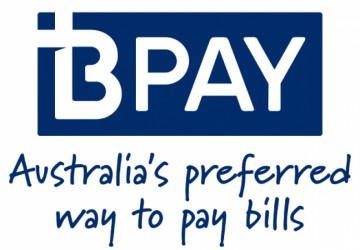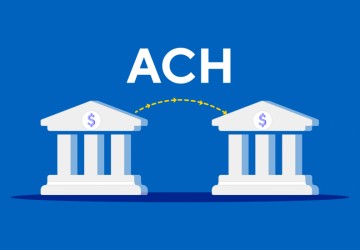
Digital Wallet benefits over Banks

Digital wallets and traditional banks serve different purposes, and each has its own set of benefits. Here are some of the advantages of digital wallets compared to traditional banks:
-
Convenience:
- Digital Wallets: They offer quick and convenient transactions, allowing users to make payments, transfer money, and manage their finances with just a few taps on their mobile devices. Many digital wallets also support contactless payments, making in-store transactions faster and more efficient.
- Banks: While banks have online and mobile banking services, the user experience may not be as streamlined as digital wallets. Traditional banking services might involve more steps and paperwork for certain transactions.
-
Mobile Accessibility:
- Digital Wallets: Designed for mobile devices, digital wallets are easily accessible anytime, anywhere. Users can check their account balances, review transactions, and make payments on the go.
- Banks: Traditional banks also offer mobile banking apps, but the accessibility and user-friendliness might vary. Some banks may have more sophisticated apps, while others might have more basic functionality.
-
Integration with Other Services:
- Digital Wallets: Many digital wallets integrate with various third-party services, such as budgeting apps, loyalty programs, and mobile payment options, providing users with a more seamless and interconnected financial experience.
- Banks: Traditional banks may offer integration with certain services, but the level of integration may be more limited compared to digital wallets.
-
Security Features:
- Digital Wallets: Digital wallets often come with advanced security features such as biometric authentication (fingerprint or facial recognition), tokenization, and encryption to protect user information and transactions.
- Banks: Banks also implement robust security measures, but the specific features can vary. Both digital wallets and banks prioritize the security of financial transactions and user data.
-
Cost and Fees:
- Digital Wallets: Some digital wallets offer lower or no fees for certain transactions compared to traditional banks. Peer-to-peer transactions, for example, may be free or have lower fees in digital wallets.
- Banks: Traditional banks may charge fees for various services, such as account maintenance, ATM withdrawals, and wire transfers. The fee structures vary among banks.
-
Global Access:
- Digital Wallets: Digital wallets can often be used internationally, allowing users to make transactions and payments across borders without the need for traditional banking infrastructure.
- Banks: While traditional banks also facilitate international transactions, the process may involve additional fees and take longer compared to some digital wallet options.
It's important to note that both digital wallets and traditional banks have their own strengths and weaknesses, and the choice between them depends on individual preferences, needs, and the specific services offered by each provider. Additionally, some users may choose to use both digital wallets and traditional banks to take advantage of the unique benefits each offers.
See: https://news.howtopay.com/news/htpwallet

-
 04/06/2023 1598
04/06/2023 1598 -
 03/08/2024 579
03/08/2024 579 -
 02/17/2024 606
02/17/2024 606 -
 02/17/2024 682
02/17/2024 682 -
 02/17/2024 602
02/17/2024 602
-
 11/22/2023 3120
11/22/2023 3120 -
 11/07/2022 2826
11/07/2022 2826 -
 09/20/2023 2583
09/20/2023 2583 -
 09/29/2023 2575
09/29/2023 2575 -
 07/22/2022 2546
07/22/2022 2546
FEATURED NEWS

NEWS

PAYMENTS

NEWS

PAYMENTS




LEAVE A COMMENT